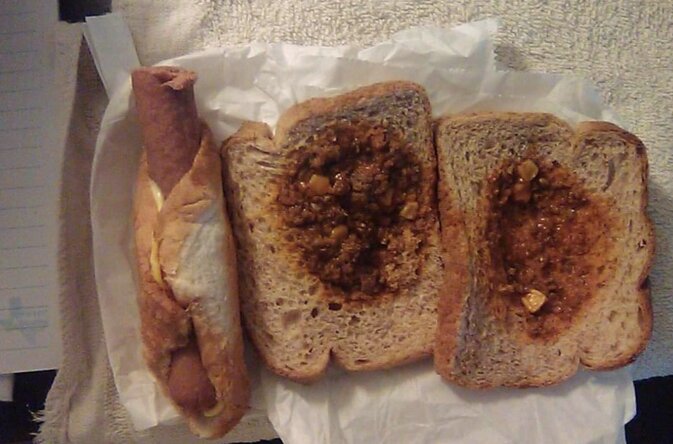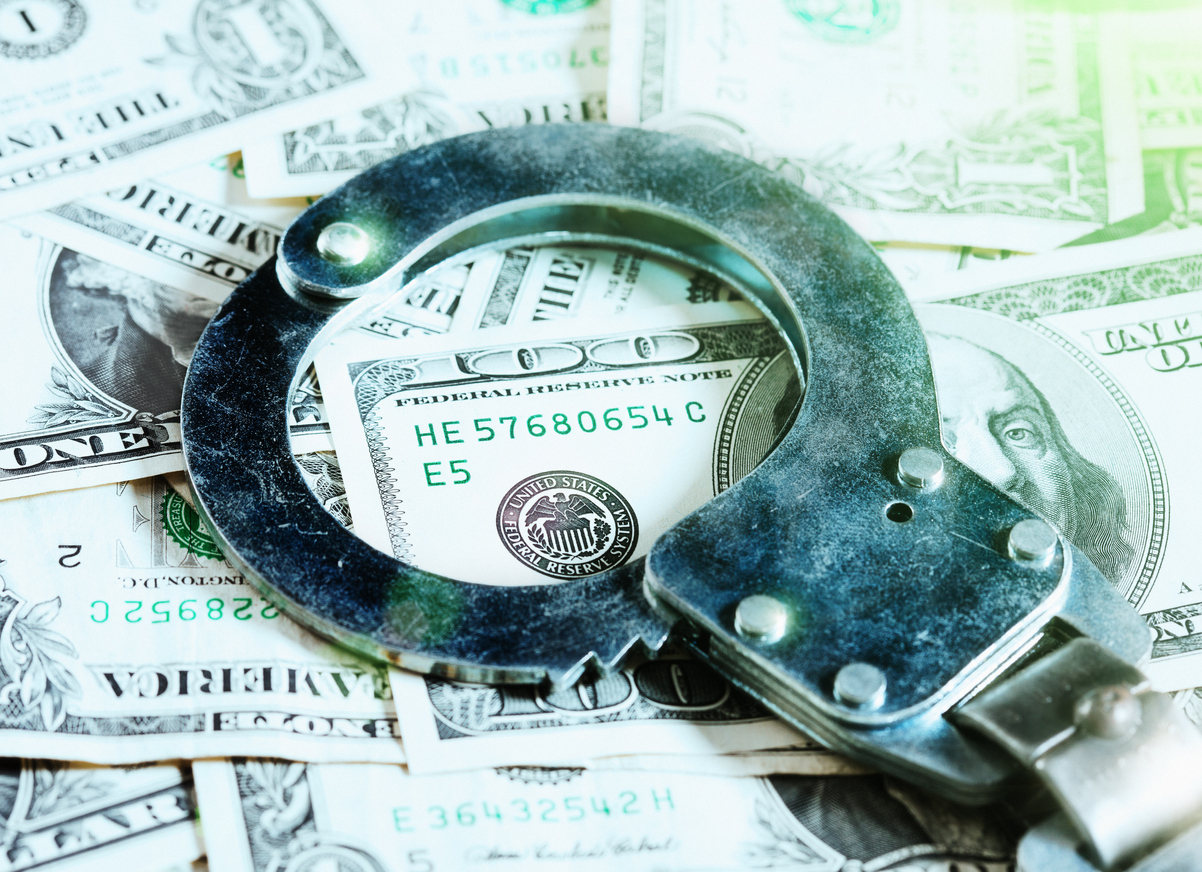On several occasions, after a brutal encounter in which I was treated inhumanely, I’ve told the COs* they “should be thankful for us, since otherwise they wouldn’t have a job; no one else would hire you.” And if I was really upset, I went on to say they “are basically raising their families on our backs.”
But I was still blown away when I found out just how correct I was.
The Washington Post recently revealed that some high-profile prisoners like Boston Marathon bomber Dzhokhar Tsarnaev and former U.S. Olympics doctor Larry Nassar maintain sizable personal account balances at their prisons yet have paid very little of the court-ordered restitution to their victims. In response, Deputy Attorney General Lisa Manaco ordered that the situation be studied so such wealth accumulation at the expense of victims can be prevented. But the federal Bureau of Prisons (FBOP) is resisting.
Why? Because it benefits from the status quo. Currently, prisoners in federal institutions spend their money on items and activities like email (5 cents per minute), music downloads ($1.50 per song), copays for medical care ($2 for each sick call, a significant amount if you don’t have a job) and products sold by the commissary—to the tune of more than $80 million a year in agency profits. Profits also come from the interest the BOP earns on prisoners’ money.
Jack Donson, who once worked as a warden for several prisons within the BOP system as a private contractor, told the Post that FBOP officials are focused on preserving the flow of money into their coffers—exposing a “dysfunctional culture.”
“At meetings, staffers often referred to the Trust Fund [containing prisoners’ commissary money] as a ‘slush fund,’ so I was always suspicious of it,” Donson said. You think…?
Let me sum this up: Our loved ones (who are mostly poor and struggling to make ends meet) send us money so we can supplement the meager, poor-quality food we’re served here, and not only must we pay greatly marked-up prices (which have become outrageous in the last few months as inflation surges in the outside world—with the cost of commissary goods going up 50 cents to $1 almost every week), but the BOP also earns interest on our funds. Meanwhile, our families get sucked dry.
What do prisons use this “slush fund” for? The Post reported that last year, the fund was used to pay for 652 staff positions within the BOP—costing $49.4 million in salaries and $32.5 million in benefits. What it didn’t mention is that our money is also used to pay for activities during National Correctional Officers Week and better-quality food for prison staff—while we become malnourished.

I remember when I first entered the federal system in 2002. We were able to choose from a variety of hot and cold foods three times a day. We also had soda machines. Now, they barely feed us. For breakfast, we just get cereal, an apple and a piece of cake, and for dinner, we only get cold food (peanut butter and jelly or bologna and cheese). Lunch is the only hot meal we get. (It’s even worse in the SHU [the hole]. We used to get two trays, one hot and cold, a day. But now, they literally seem to want to starve you to death, since they reall only feed the guys once a day.)
Meanwhile, they’ve also cut back on trade-certification programs like cooking, HVAC and leather-crafting, along with the TV channels and rec equipment we’re offered. BUT they can fund benefits for staff using the interest they make on our money.
I find this downright repulsive. If we can get a job at all, most prisoners are paid wages that can only be described as a humiliating joke (12-40 cents per hour for the typical prison job, and no more than $1.15 if it’s a hard-to-get “industry” job, in which we make uniforms, etc. for UNICOR). That means we must ask for funds from our loved ones. And meanwhile, the BOP is cutting back on everything beneficial to us because they claim they don’t have the money for it. State prisons have a fund into which prisoners’ money is deposited that pays for amenities that improve life for those who are incarcerated. The feds have nothing like that.
This must stop! I’ll do my part by never again holding my money in their “slush fund.” I encourage others to do the same, although I understand that for some, this is the only “safe” place to keep money because they may not have reliable outside help.
*Correctional officers/cops




